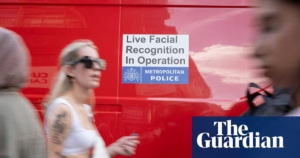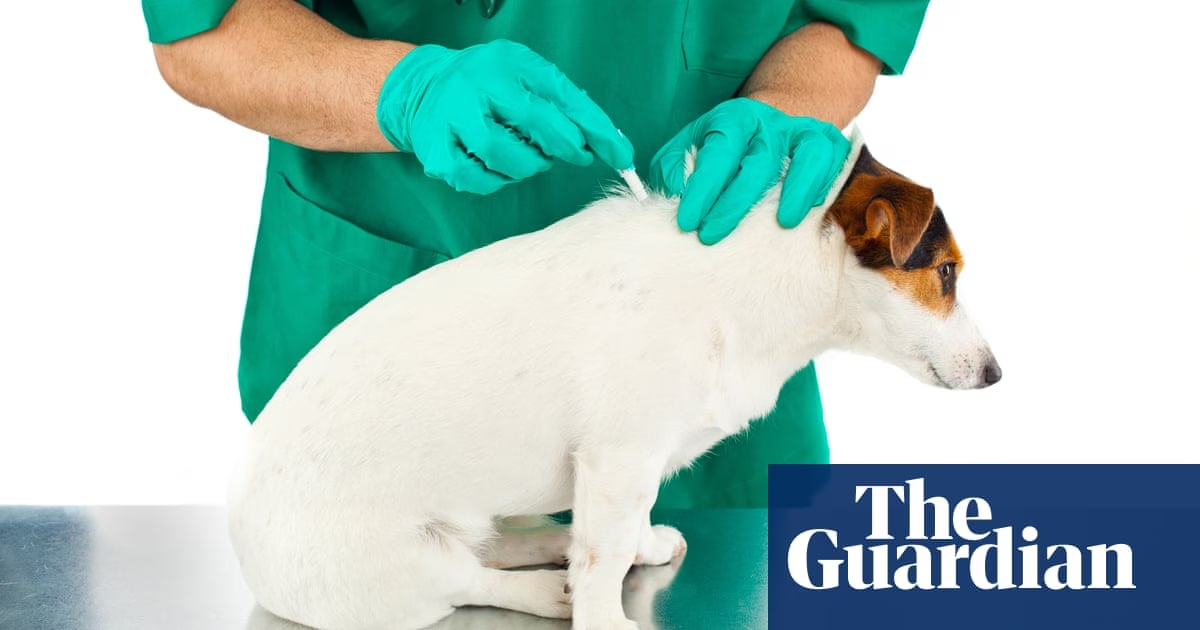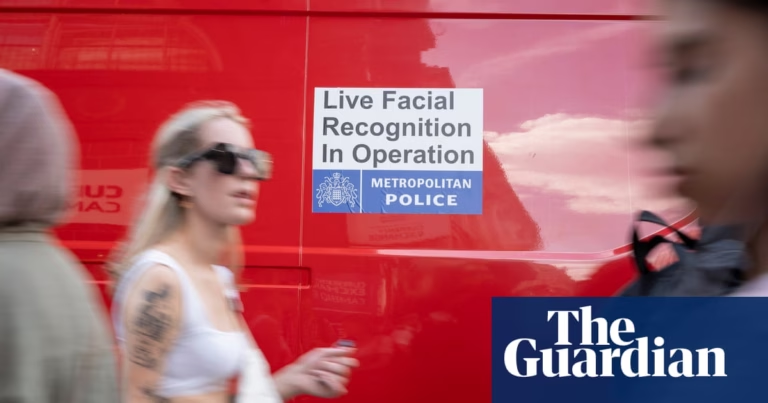The Liberal Democrats will press for strict controls on toxic flea treatments in Parliament on Tuesday, citing the highly damaging impact these treatments have on wildlife such as fish and birds. Despite the government’s decision to ban neonicotinoids in pesticides used on agricultural lands, the sale of pet flea treatments containing these harmful chemicals remains unchecked. The Department for Environment, Food and Rural Affairs is currently reviewing ways to limit these treatments.
Lib Dem MP Rachel Gilmour, who secured the parliamentary debate, is urging ministers to devise a plan to restrict access, ensuring these chemicals are neither freely purchased nor unnecessarily prescribed by vets. Gilmour emphasizes the importance of this issue in the broader mission to clean up waterways, highlighting the devastating effects these substances have on ecosystems. Research indicates these treatments contaminate rivers, sometimes for a month after application, and have been linked to songbird deaths due to contaminated fur used in nests.
The significant danger posed by these treatments is starkly illustrated by the fact that a single monthly dose for a large dog contains enough imidacloprid to kill millions of bees. Despite being banned for agricultural use since 2018, residues of these chemicals are found in a significant percentage of UK river and lake samples.
The government also announced plans to extend the ban to include three more neonicotinoids—Spedge, Imidaclozid, and Thiafor—effectively terminating their use in agriculture. However, the continuing availability and unrestricted use of these chemicals in pet flea treatments remain a critical concern.
Source: https://www.theguardian.com/environment/2025/mar/25/call-pets-toxic-flea-treatments-tightly-restricted-uk








